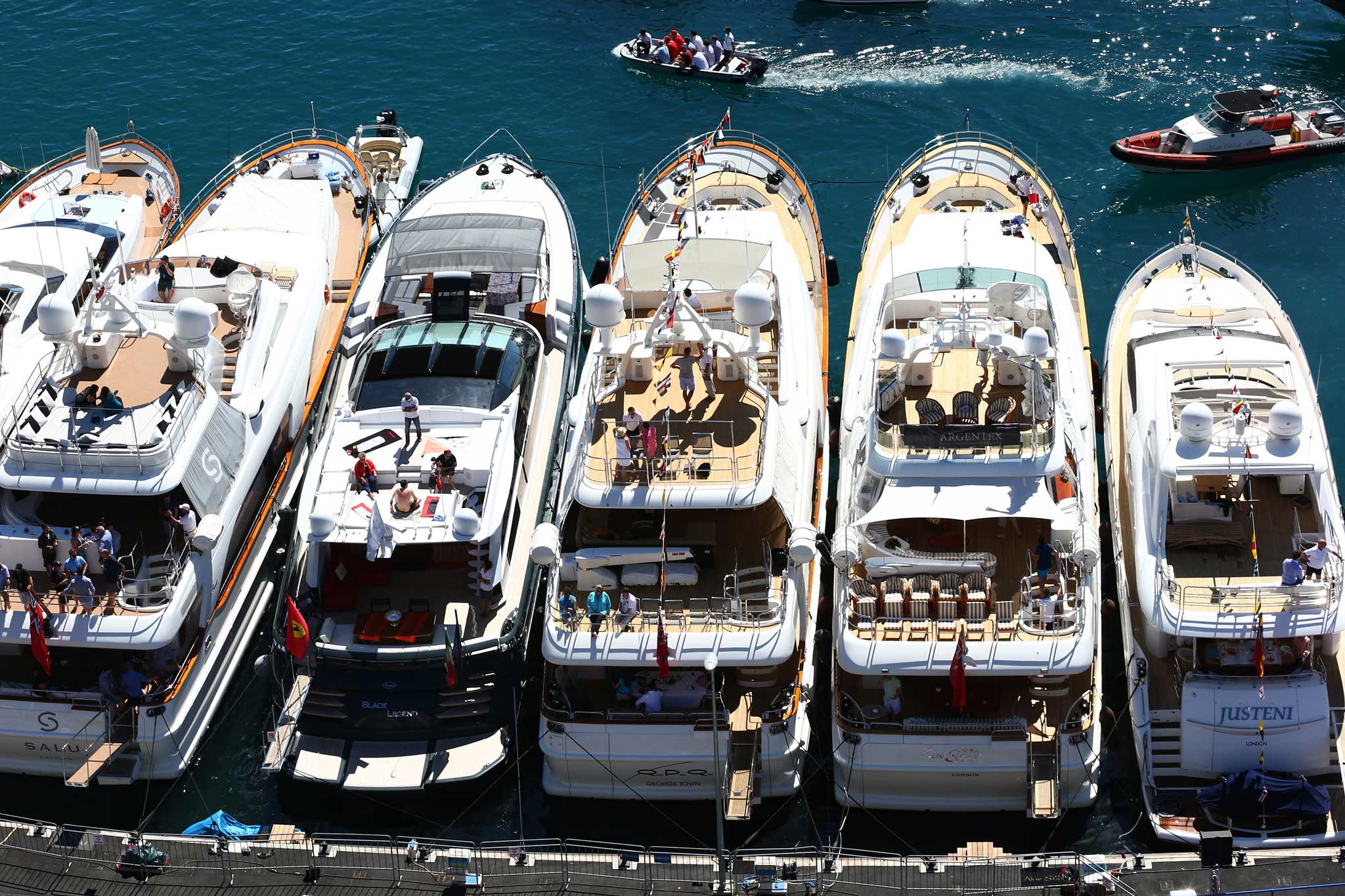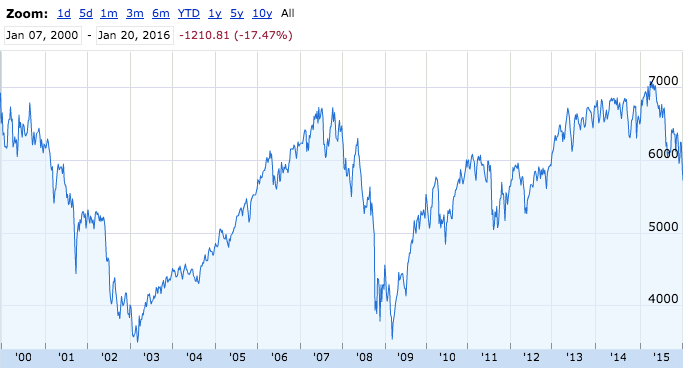Davos: How the rich have only got richer since 2000
As world leaders gather in Davos, new data shows how the world has only become more unequal under their watch

Less than one per cent of the wealth created since 2000 has gone to the poorest 50 per cent of the world's population, new research has revealed.
The finding comes as the world’s richest business leaders and most powerful heads of state gather in Davos for the start of the annual four-day summit.
Fifteen years into the millennium, the evidence suggests the world’s rich are only getting richer, while the least well-off half of the world remain in borderline poverty.
The poorest 3.5 billion people across the globe earn less than £830 ($1,200) a year – that’s £2.30 a day. The same group own less than one per cent of all the world’s wealth.
They own so little that the world’s 62 richest people own as much as all of them combined, Oxfam revealed earlier this week.
In other words, each of these 62 billionaires is as rich as 60 million people.
Here’s how the world’s wealth is divided. Most of it is owned by the top one per cent.
While income and wealth are not the same thing, the wealthiest one per cent typically earn at least £35,000.
These are the people who have profited over the past 15 years. For every $1 of wealth created, they have earned 51¢, while the poorest 3.5 billion have earned less than 1¢.
The two pies are almost identical. The top one per cent continue to account for the majority of the new wealth.
As a result, the share of income going to the top one per cent is higher than ever, while the share going to the poorest 50 per cent remains almost non-existent.
Since the end of the global financial crisis in 2009, the share going to the top 1 per cent has risen from 44 per cent to 50 per cent.
The world’s developed countries spent $135bn on foreign aid in 2014.
That’s enough to give each of the people who make up the world’s poorest half an extra $39 – a five-per-cent pay rise for the richest among them, and a much greater increase for the poorest.
But that would leave them with a pittance compared to the earnings of the world’s richest.
As world leaders gather in Davos, the message is clear: While extreme poverty has been reduced in the past fifteen years, relative poverty is greater than ever.

Inequality in the developed world
These findings, uncovered in Oxfam’s research by the Independent, echo the rise in pay inequality across the developed world.
Over the past four decades, the pay of American chief executives has risen 11 times as much as that of the typical American worker.
While American companies are now six times as valuable as they were in 1978, the pay of the American worker has barely risen.
Many Americans feature in the world’s top one per cent. Compared to the rest of the world, they have benefitted over the past 15 years.
But it is their bosses who have profited most since 2000.
It’s the same story in the UK. Last year FTSE, chief executives earned more than 180 times as much as the average worker.
So far in 2016, the typical FTSE boss has earned £230,000 in less than three weeks.
That’s more than five times as much as the poorest 3.5 billion people in the world will earn in a lifetime of work.
And yet FTSE 100 companies are not any more valuable collectively than they were in 2000.
For most of the past 15 years, they have been less valuable.

And so far in 2016, the FTSE 100 has lost nearly a 10th of its value, while its chief executives have been paid almost £250,000.
As world leaders gather, the statistics shine a spotlight on those who have prospered most during their decades in power.
Join our commenting forum
Join thought-provoking conversations, follow other Independent readers and see their replies
Comments
Bookmark popover
Removed from bookmarks